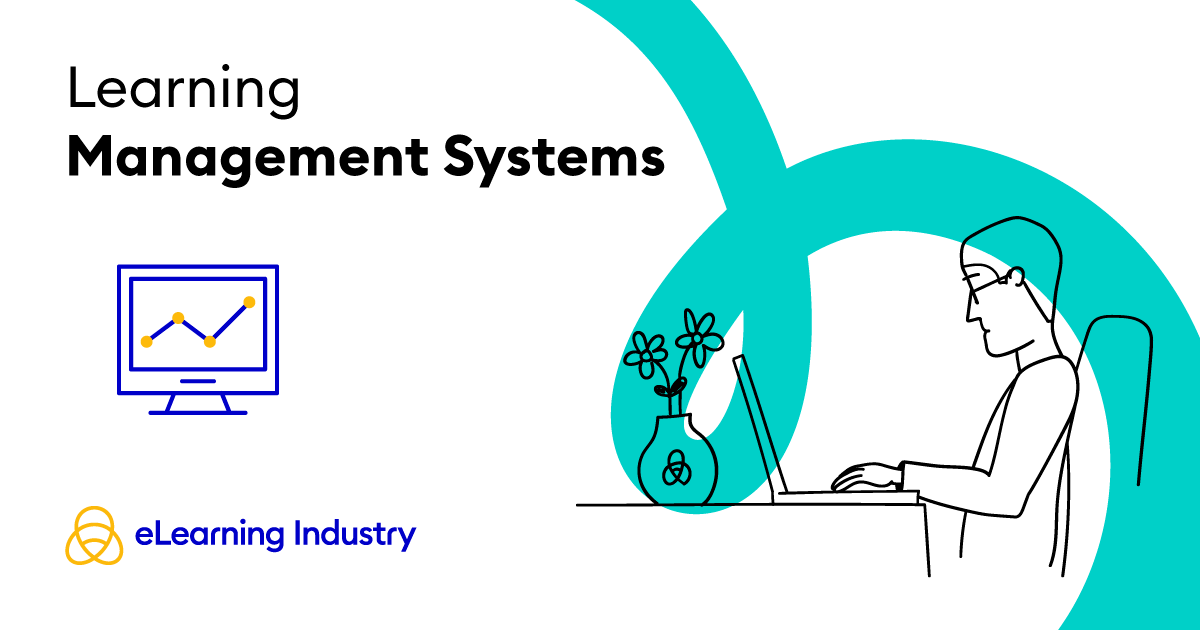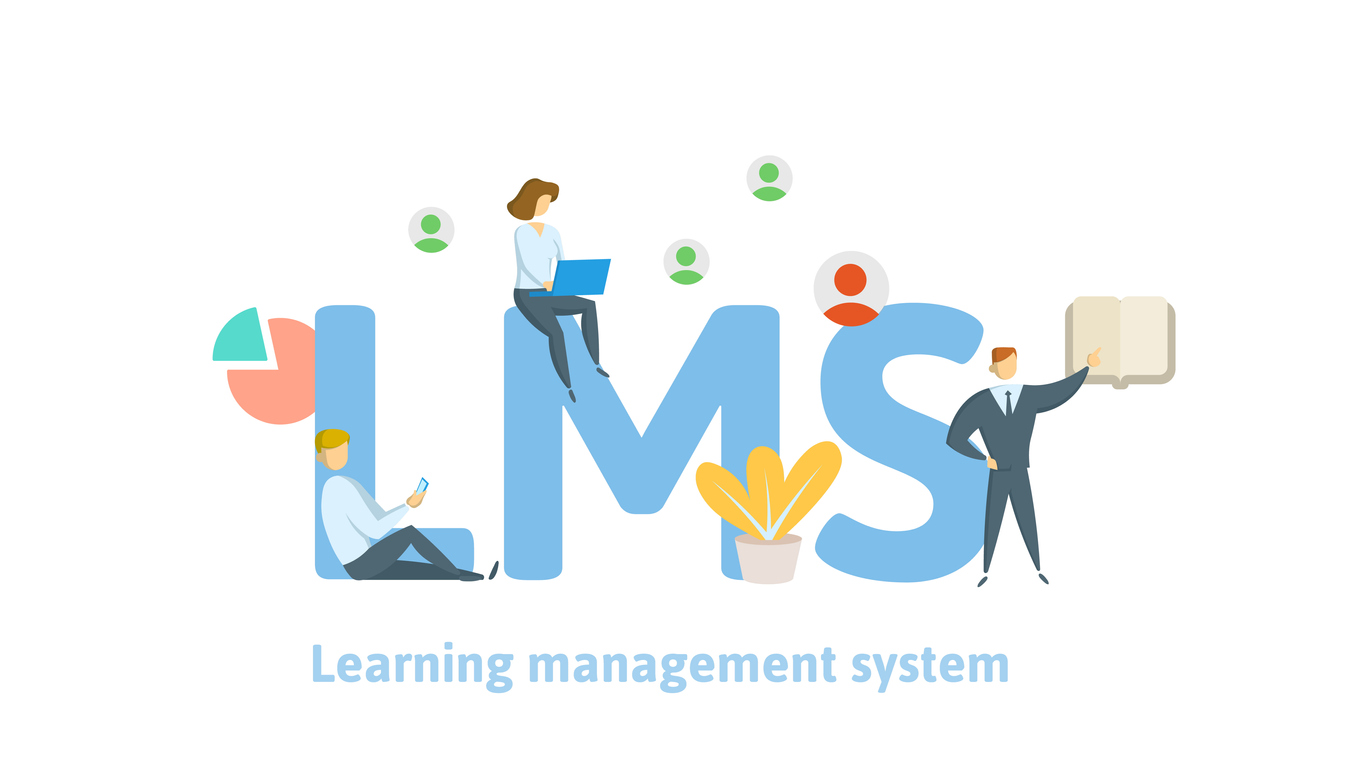Every Little Thing You Need to Learn About Choosing a Discovering Management System
Choosing a proper Learning Management System (LMS) is a crucial decision that can substantially affect the efficiency of your training programs. It involves a comprehensive understanding of both your organizational requirements and the essential attributes readily available in different LMS alternatives.
Understanding Knowing Management Systems
A substantial variety of organizations today are recognizing the value of Learning Management Solution (LMS) as essential tools for efficient training and education and learning. An LMS is a software application created to help with the administration, documents, tracking, reporting, and distribution of instructional training courses or training programs. By combining training efforts right into a central platform, organizations can simplify procedures and enhance finding out experiences.
LMS systems sustain different learning approaches, consisting of e-learning, combined knowing, and instructor-led training. Their versatility makes them appropriate for diverse industries, from business training to scholastic organizations. Via the use of LMS, companies can provide regular material, making certain that employees and learners have accessibility to the essential sources despite location.
Moreover, LMS remedies usually incorporate attributes that make it possible for analytics and coverage, allowing organizations to evaluate the effectiveness of their training programs. This data-driven strategy encourages companies to make educated decisions relating to educational program changes and source allocation - LMS Singapore. Inevitably, the adoption of an LMS can result in raised student involvement, boosted retention rates, and enhanced overall efficiency, reaffirming its condition as an important part of modern educational methods
Key Attributes to Take Into Consideration
When picking a Knowing Administration System, organizations need to prioritize certain functions that line up with their training goals and individual requirements. Primarily, user-friendliness is vital; a system with an instinctive user interface can improve learner interaction and minimize the moment required for training administrators.
An additional essential feature is robust reporting and analytics abilities, permitting companies to track learner progression, conclusion rates, and analysis outcomes. This data is invaluable for refining training programs and demonstrating ROI.
Furthermore, mobile compatibility is increasingly essential as learners favor accessing material on numerous devices. A responsive LMS makes sure that training comes anytime, anywhere, therefore increasing adaptability.
Content management functionality is additionally essential; the LMS ought to support numerous material kinds, consisting of videos, quizzes, and interactive modules, to accommodate various knowing styles.

Examining Your Organization's Demands
Identifying a company's unique training demands is vital for choosing the ideal Knowing Management System (LMS) To start this assessment, companies ought to carry out an extensive evaluation of their existing training landscape, consisting of existing programs, participant demographics, and details finding out purposes. This procedure aids highlight toughness and voids in existing offerings, guiding the choice of an LMS that aligns with business objectives.
Additionally, think about the kinds of web content to be delivered, such as e-learning modules, conformity training, or combined knowing experiences. Comprehending the favored delivery methods and learning styles of employees is crucial for efficient training interaction. Additionally, companies must evaluate their technological facilities, guaranteeing compatibility with the possible LMS.
In addition, develop clear metrics for success, such as learner satisfaction and knowledge retention, to aid determine the performance of the chosen LMS. By diligently evaluating wikipedia reference these variables, organizations can make informed decisions, guaranteeing their picked LMS properly satisfies their training demands and boosts total performance.
Comparing Various LMS Options
Numerous Knowing Administration System (LMS) alternatives are offered on the market, each offering distinct features and functionalities that satisfy varied business demands. When contrasting LMS alternatives, companies ought to consider a number of crucial variables. First, the interface and experience are extremely important; an instinctive design can significantly influence user involvement and adoption prices.
2nd, examine the scalability of the LMS. As your company grows, the system needs to suit an increasing number of customers and content without compromising efficiency. Third, assimilation capacities are vital; the LMS ought to flawlessly link with existing tools, such as human resources systems, CRM systems, and content libraries, to enhance functionality.
Additionally, take into consideration the modification alternatives offered. An LMS that allows tailored branding, course creation, and coverage can better align with certain business goals. In addition, rates models differ commonly, so it is vital to evaluate the overall price of ownership, consisting of licensing costs, upkeep, and assistance.

Application and Assistance Methods
Effectively implementing a Knowing Administration System (LMS) calls for a calculated method that includes extensive preparation and continuous support. Begin by developing clear objectives that line up with your organization's academic goals. Engage key stakeholders and create a devoted application team to assist in communication and cooperation throughout the procedure.
Following, choose a phased rollout approach to lessen interruption. Beginning with a pilot program including a smaller sized customer team, allowing for real-time responses and adjustments. Provide detailed training to make sure users fit with the LMS attributes and performances. LMS Singapore. This action is crucial for fostering individual adoption and complete satisfaction.
Post-implementation support is just as vital. Establish a robust support system that consists of helpdesk sources, individual guidebooks, and training sessions. Frequently gather feedback from users to determine areas for enhancement. In addition, take into consideration creating a community discussion forum for users to share remedies and experiences.
Final Thought
Finally, selecting an appropriate Understanding Monitoring System demands a thorough analysis of business requirements and readily available choices. Key features, including interface, reporting capacities, and assimilation potential, play a critical role in improving the discovering experience. Additionally, a tactical execution approach and recurring assistance are essential for click here for info making best use of user fulfillment. By thoroughly thinking about these aspects, companies can make sure efficient training distribution and eventually accomplish their Extra resources educational purposes via the picked LMS.
A substantial number of companies today are identifying the worth of Discovering Monitoring Equipment (LMS) as vital tools for efficient training and education and learning.Moreover, LMS remedies frequently include functions that allow analytics and coverage, allowing organizations to evaluate the effectiveness of their training programs.Identifying an organization's distinct training demands is crucial for picking the right Learning Management System (LMS) By thoroughly evaluating these variables, companies can make informed decisions, guaranteeing their chosen LMS effectively meets their training demands and boosts general performance.
By carefully taking into consideration these aspects, companies can ensure reliable training shipment and eventually attain their educational goals with the chosen LMS.